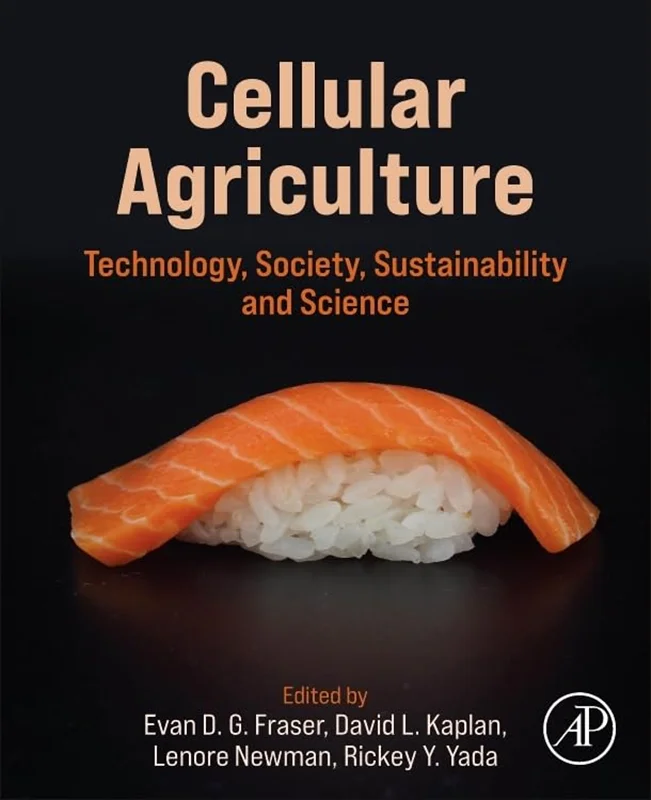Cellular Agriculture: Technology, Society, Sustainability and Science
Evan Fraser; David Kaplan; Lenore Newman; Rickey Y. Yada, B0CNRMDH3L, 0443187673, 0443187665, 9780443187674, 9780443187667, 978-0443187674, 978-0443187667, 978-0-443-18767-4
English | 2024 | PDF | 8 MB | 578 Pages
Cellular Agriculture: Technology, Society, Sustainability and Science provides a state-of-the-art review of cellular agriculture technologies. From cell selection to scaffolding and everything in-between, this book contains chapters authored by leading cellular agriculture researchers and product developers across the world.Driven by consumer desire for sustainable food production, animal welfare improvements, and better human health, companies around the world are racing to engineer alternative protein products with the best flavour, appearance, and texture. A major challenge many of these early-stage companies struggle with is having the foundational science and technical knowledge to start their journey in this emerging industry. This text provides detailed information on the current state of the science and technology of cellular agriculture. It combines the social aspects that need to be considered to create a level playing field to give each emerging idea the best chance at realizing the ultimate vision of cellular agriculture: satisfying the demand for protein around the world in a way that is better for humans, animals, and the planet.This is the first resource of its kind to take a practical approach to review the design, feasibility, and implementation of cellular agriculture techniques. With additional chapters on life cycle analyses and ideal transition scenarios, this book provides a resource for aspiring technology developers and academics alike, seeking evidence-based assessments of the industry and its disruptive potential.
- Written by industry and academic experts for balanced perspective
- Presents foundational information with practical application insights
- Includes chapters on regulatory and policy issues
- Reviews the sustainability challenges of alternative proteins

